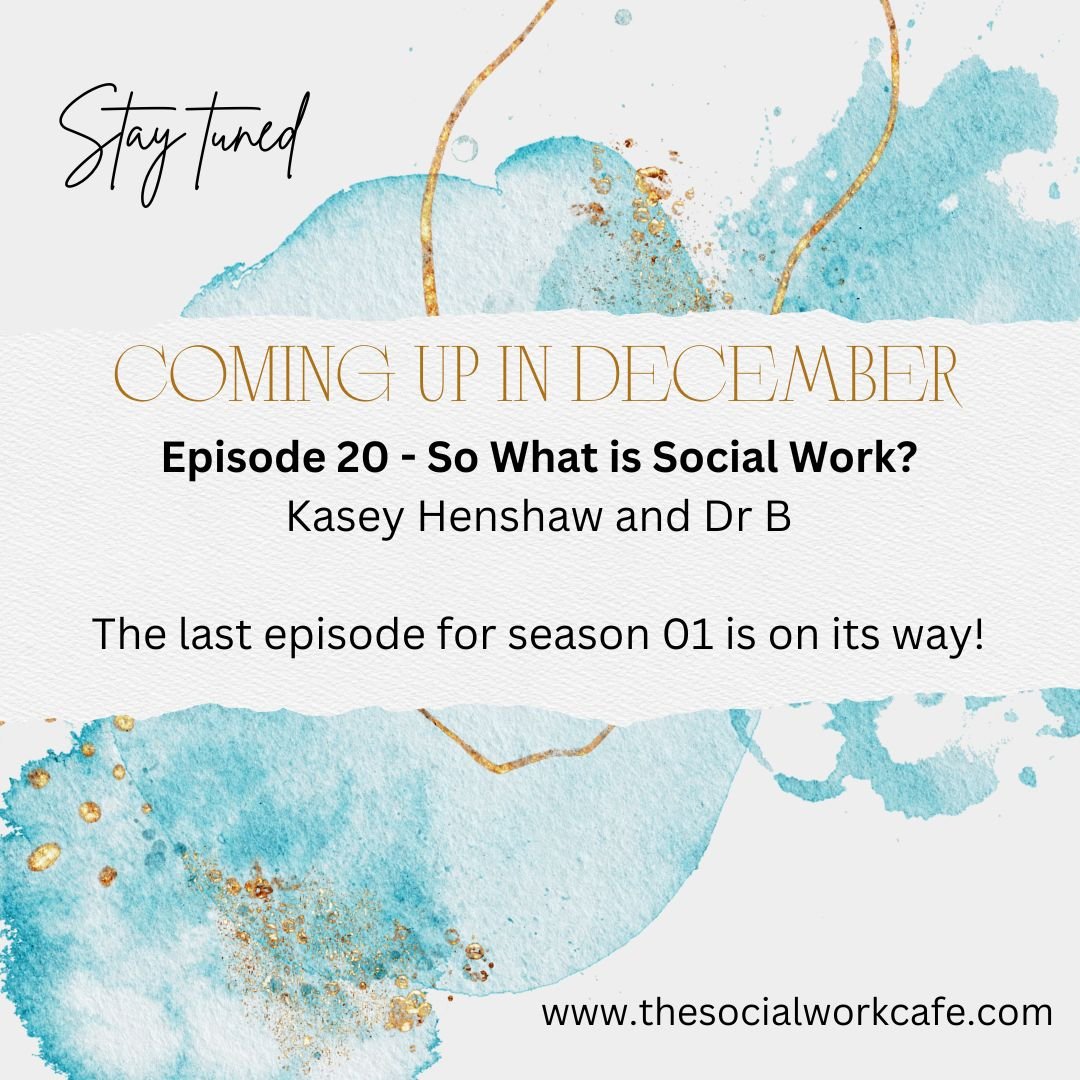Can Social Work be Defined?
Welcome back to the Social Work Café blog.
You may be wondering, where’s the latest episode?
Well, if you follow me on Instagram, you will see that I’ve been posting the definitions of social work each guest has provided in season 1.
All of this is to help us build towards the last episode in December, which will be an interesting reflective conversation with a dedicated listener (and new social work graduate!):
With that in mind, I thought it was timely to contemplate whether social work can be defined at all.
So, I have not disappeared, but as I write this blog, I am in another country!
I’m fortunate enough to be part of a two-week study abroad program with a group of amazing social work students in Japan, partnering with Nihon Fukushi University.
We are participating in seminars and visiting community organisations in an effort to learn about social work in Japan while also sharing our knowledge about social work in Australia.
This is my third study abroad experience as an academic.
The first two involved trips to India.
My colleagues from Charles Sturt University have also led programs to locations such as Malaysia, Indonesia, the Republic of Ireland, South Korea, and China.
These programs are always a great opportunity to contemplate whether we can define social work, and if so, how?
In recent days, I’ve been thinking about my conversation with Seb Cordoba in episode 18, where we spoke about how social work is full of tensions.
These tensions can contribute to the difficulties we experience with defining social work, but at the same time, there are commonalities that bring us all together.
I am observing that here in Japan, as themes about social work being concerned with societal issues and the importance of multilevel practice shine through in our seminars and exchanges.
Despite this, some of our guests in season 1 reiterated that they struggled with the question I posed to them: What is social work?
Perhaps I did not make it easy for them by saying that they had to give us one sentence that anyone could understand.
Like Seb and other guests, I believe it is important that we are able to give a clear definition of social work to individuals and communities within the context of our current role.
Considering that the public still often struggles to understand social work, we need to be able to explain it clearly in order to change those perceptions.
Having said that, the trade-off could be that we give a definition that does not capture the full scope of social work practice.
I can see that in some of the shorter definitions that guests provided during the season. For example,
Social work is the opportunity to live my values every day (Patrick Lloyd, episode 06).
Social work starts where the person is at (Laura Fletcher, episode 07).
Social work IS environmental social work (Heather Boetto, episode 07).
Helping communities help themselves (Vicki Shevlin, episode 10).
Holistic support for the human condition (Ashton Hayes, episode 14).
All of these definitions cover aspects of social work as a profession.
I can see how these definitions will make sense to other social workers.
However, would your family, friends, and communities understand what we mean in these definitions?
I suspect further explanation would be needed.
On the other hand, many of our fabulous guests in season 01 provided longer definitions with more detail, such as:
Social workers help to build the kind of environments that we want to live in; we work with people to bring about positive change; to overcome and to support people through challenges, and create an environment in which they want to work and live in as well (Cindy Smith, episode 02).
Social work is a profession that gives strong attention to the social influences effecting individuals, families, relationships, groups, communities that are facing challenging problem situations, and we help them to work with this to understand the problem they are facing and what might help to support them (Sue Wilkins, episode 05).
These definitions conveyed a sense of shared purpose and how our profession seeks to support people, which includes pursuing societal change.
However, the length of these definitions might be a challenge for members of the public.
While we had short and long definitions, some guests struck a balance that captured the multidimensionality of social work in a concise manner that I think would be quite useful when explaining social work to others:
Social work is about working alongside people, their families and communities in a holistic way to meet their needs, as well as advocate for wider societal change (Katrina Gersbach, episode 01).
A profession that works alongside communities to achieve the social change that they want (Will Dobud, episode 08).
Social work is a profession that works in partnership with people to address social and emotional wellbeing and, in doing so, challenges barriers and inequalities (Seb Cordoba, episode 18).
So, can social work be defined?
Well, yes, of course.
Season 1 has taught me that we should not shy away from the tensions within social work, but we should move away from the narrative that social work is difficult to define.
We need a narrative that starts with celebrating our shared purpose and commonalities, while emphasising diversity and how we continue to evolve in response to current contexts.
On that note, what is my one-sentence definition of social work?
You’ll have to listen to the final episode when it comes out in December.
Stay focused social work.
Dr. B


